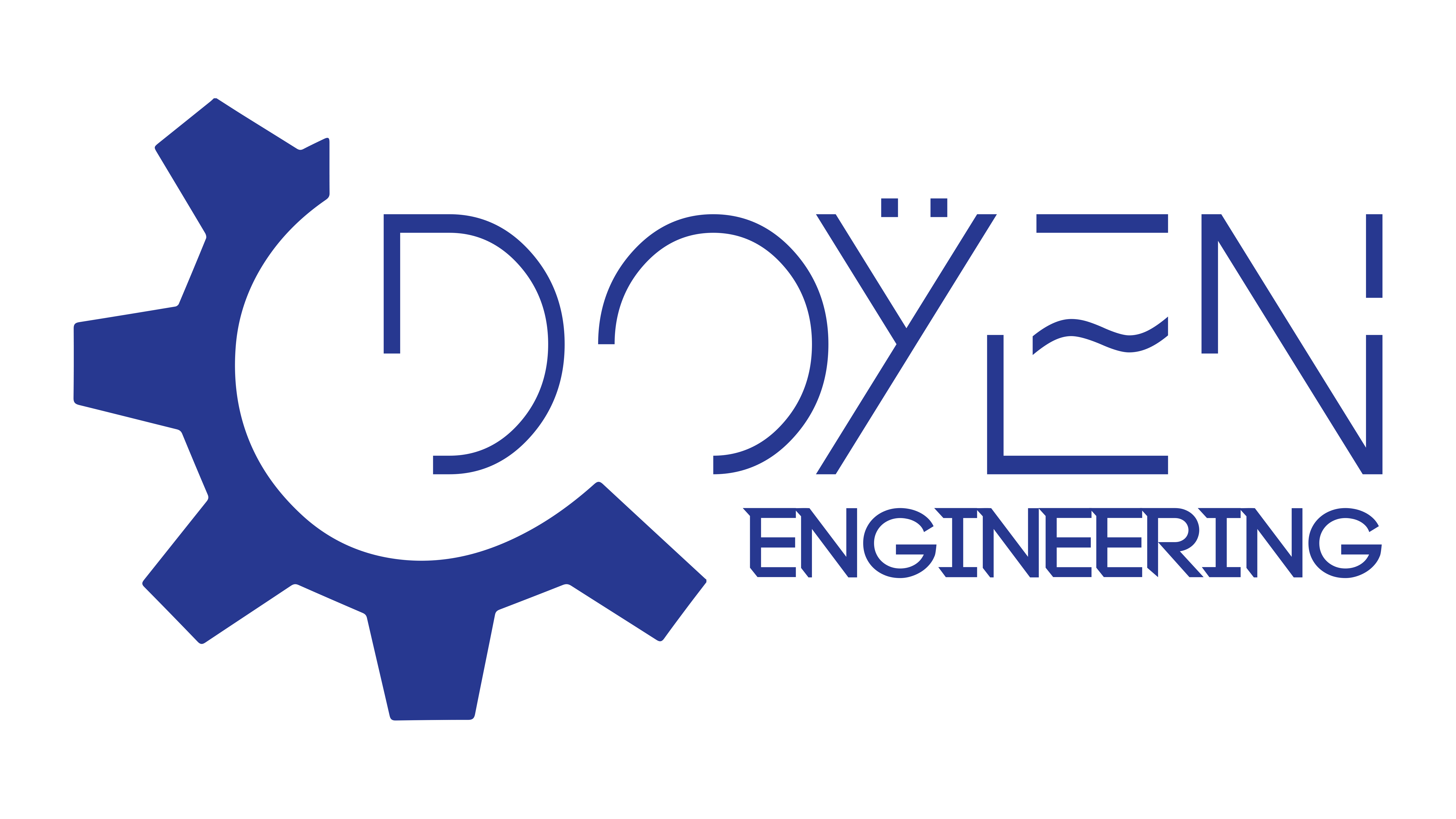
Introduction
Overview of Electrical Engineering Books
From textbooks that delve into circuit theory to guides exploring cutting-edge technologies, electrical engineering books cover a vast range of topics. These resources are essential for students and professionals seeking to deepen their understanding of electrical systems, electronics, and power management. Each book offers unique insights, methodologies, and practical applications that can significantly enhance one’s knowledge base.
Significance of Reviewing Electrical Engineering Books
Regularly reviewing electrical engineering books is vital for staying current in an ever-evolving field. Here’s why:
- Updates on Innovations: Technology advances quickly, and newer editions reflect the latest standards and practices.
- Diverse Perspectives: Different authors provide unique viewpoints and problem-solving techniques.
- Skill Enhancement: Reviews help identify the best resources for sharpening skills.
By exploring these texts, professionals can maintain their edge and adapt to industry changes.

Importance of Electrical Engineering Knowledge
Role of Electrical Engineering in Various Industries
Electrical engineering is the backbone of numerous industries, influencing how we interact with technology daily. For instance:
- Telecommunications: Engineers design the systems that keep us connected.
- Renewable Energy: Innovations in solar and wind energy rely heavily on electrical engineering principles.
- Manufacturing: Automation and robotics have transformed production lines for efficiency.
This widespread impact emphasizes the critical role electrical engineering plays across multiple sectors.
Impact of Electrical Engineering Advancements
The advancements in electrical engineering have propelled society into a new technological era. Consider these areas of influence:
- Smart Grids: Enhancing energy distribution efficiency, leading to cost savings and reliability.
- Consumer Electronics: From smartphones to smart homes, our daily lives are heavily impacted by electrical engineering innovations.
- Healthcare Technologies: Devices like MRI machines and pacemakers showcase how engineering improves medical outcomes.
These advancements not only foster convenience but also elevate quality of life, highlighting the importance of a solid foundation in electrical engineering knowledge.

Criteria for Reviewing Electrical Engineering Books
Content Relevance
When reviewing electrical engineering books, the first key criterion is content relevance. A good book should address current topics, theories, and technological advancements that reflect real-world applications. It’s essential for readers to consider whether the book:
- Aligns with contemporary practices.
- Covers emerging technologies.
- Appeals to the intended audience—be it beginners, experts, or practitioners.
Clarity and Depth of Explanations
Another crucial factor is the clarity and depth of explanations. Readers should be able to understand complex concepts easily. A well-structured book tends to:
- Break down difficult theories into digestible pieces.
- Use visuals like diagrams or charts to enhance understanding.
- Provide examples that clarify concepts.
Practical Applications Covered
Lastly, practical applications must be emphasized. Readers benefit from seeing theory applied in real scenarios, which enhances their learning experience. The best books usually include:
- Case studies that demonstrate applications.
- Exercises or problems to solve.
- Insights from professionals in the field.
Collectively, these criteria ensure that electrical engineering books not only educate but also prepare readers for real-world challenges. Each element enhances the overall value of the material, making it easier to engage with and learn from.

Top Picks for Electrical Engineering Books
Book 1: “Engineering Electromagnetics” by William H. Hayt
This classic text delves into the principles of electromagnetism with clarity and depth.
- Key Features:
- Extensive examples and problems.
- Strong focus on practical applications.
- Accompanying online resources for practice.
Readers often praise its balance of theory and practice, making it ideal for both students and professionals.
Book 2: “The Art of Electronics” by Paul Horowitz and Winfield Hill
Known as the “bible” for electronics, this book blends theory with real-world practices.
- Key Features:
- User-friendly approach with accessible explanations.
- Rich illustrations and design examples.
- Practical tips for building circuits.
Many find it indispensable for both learning and reference, encouraging experimentation and creativity.
Book 3: “Electrical Engineering: Principles and Applications” by Allan R. Hambley
This comprehensive resource strikes an excellent balance between theory and application, making complex ideas approachable.
- Key Features:
- Engaging real-world examples and case studies.
- Clear problem-solving strategies.
- A focus on contemporary issues in electrical engineering.
Readers appreciate Hambley’s ability to connect principles to practical scenarios, enhancing the learning experience significantly. These top picks exemplify the quality and relevance crucial for mastering electrical engineering concepts.






